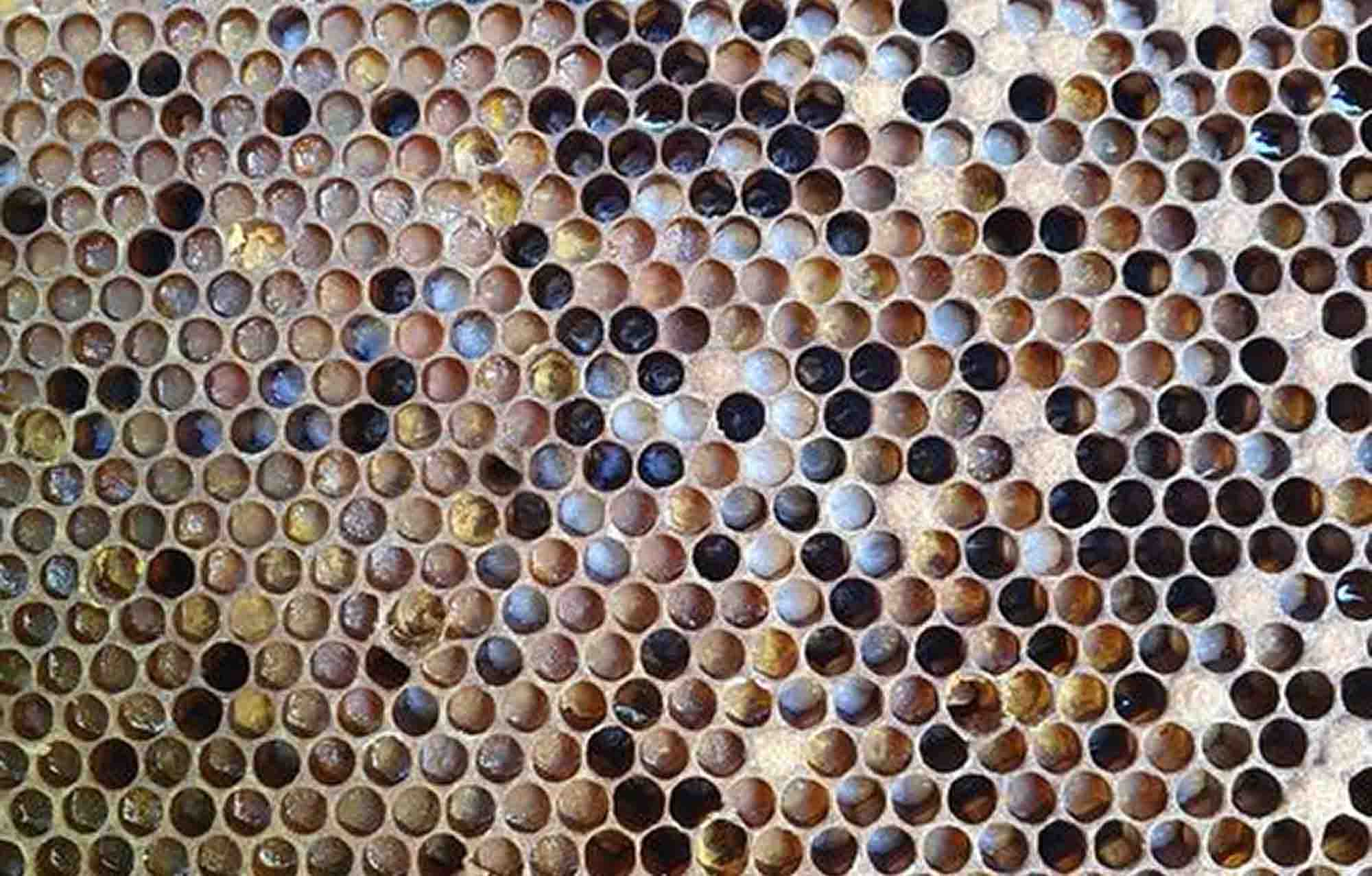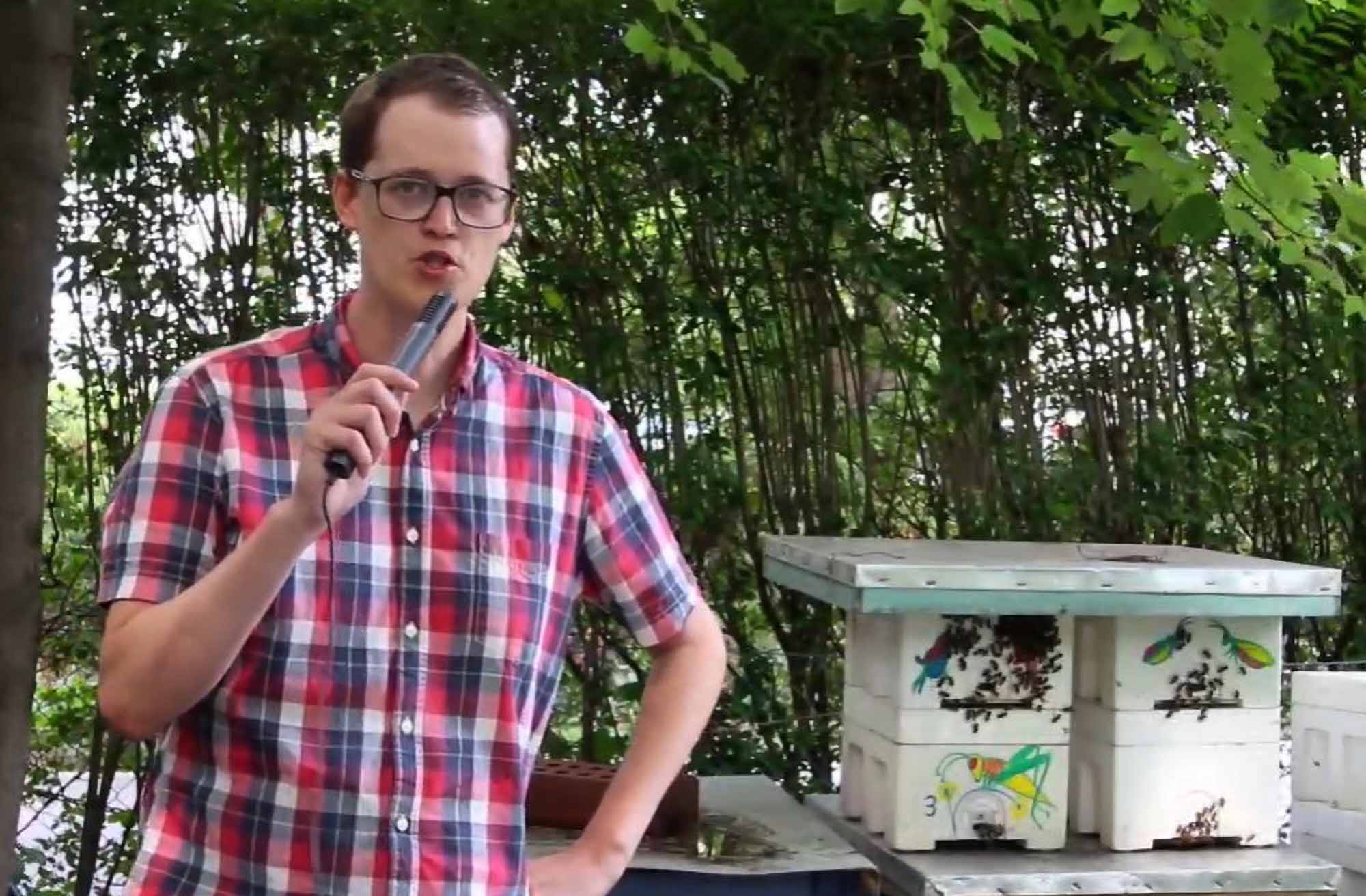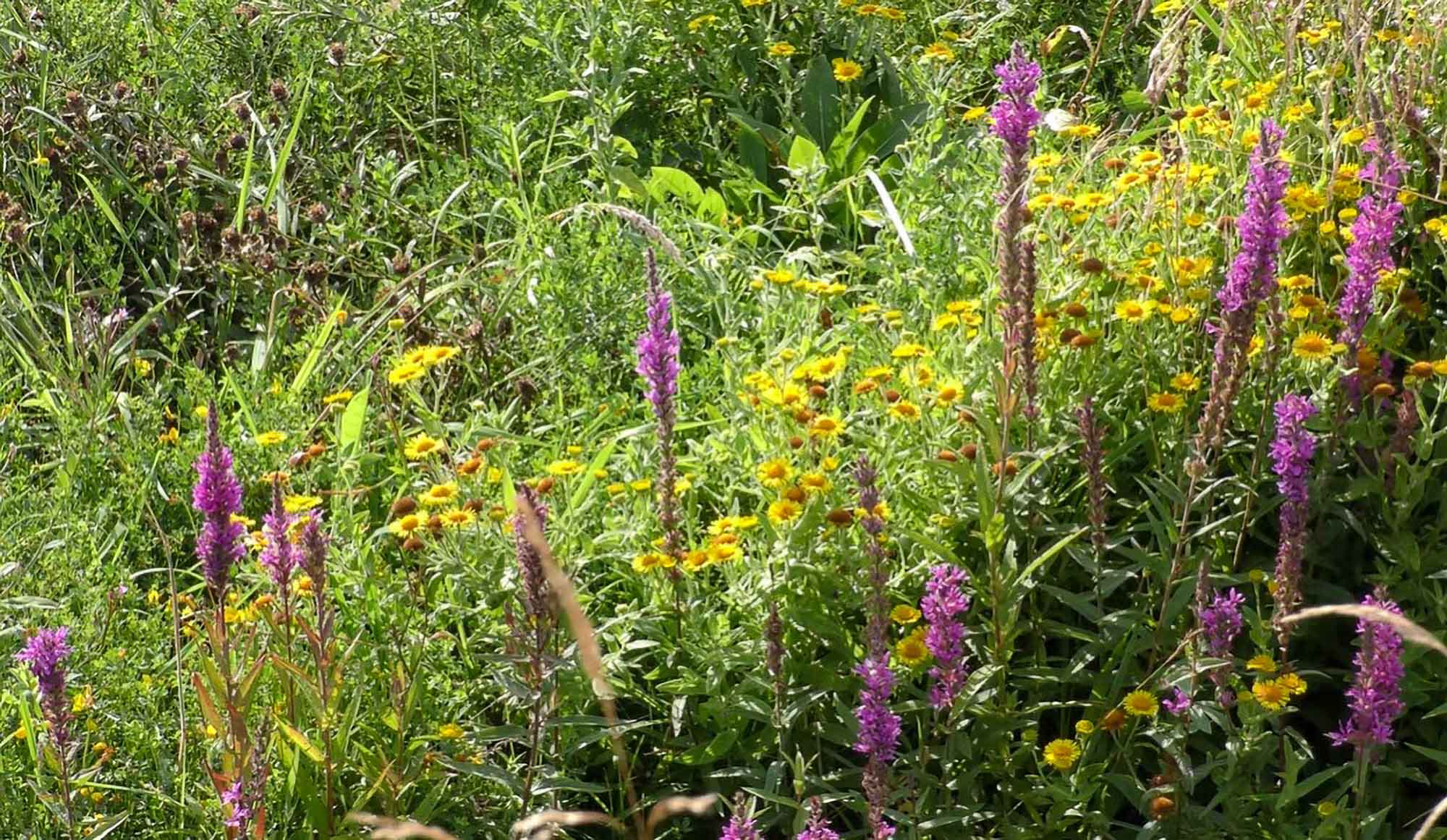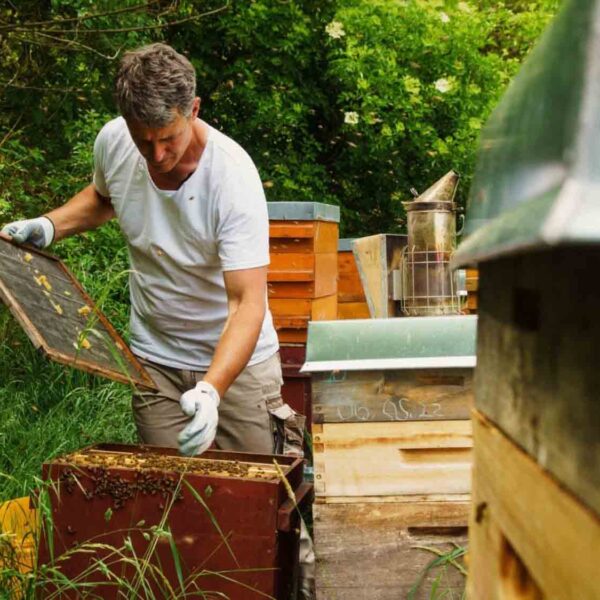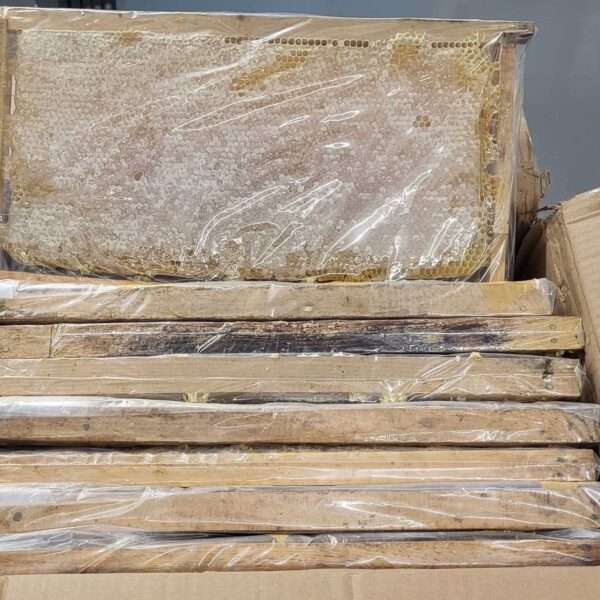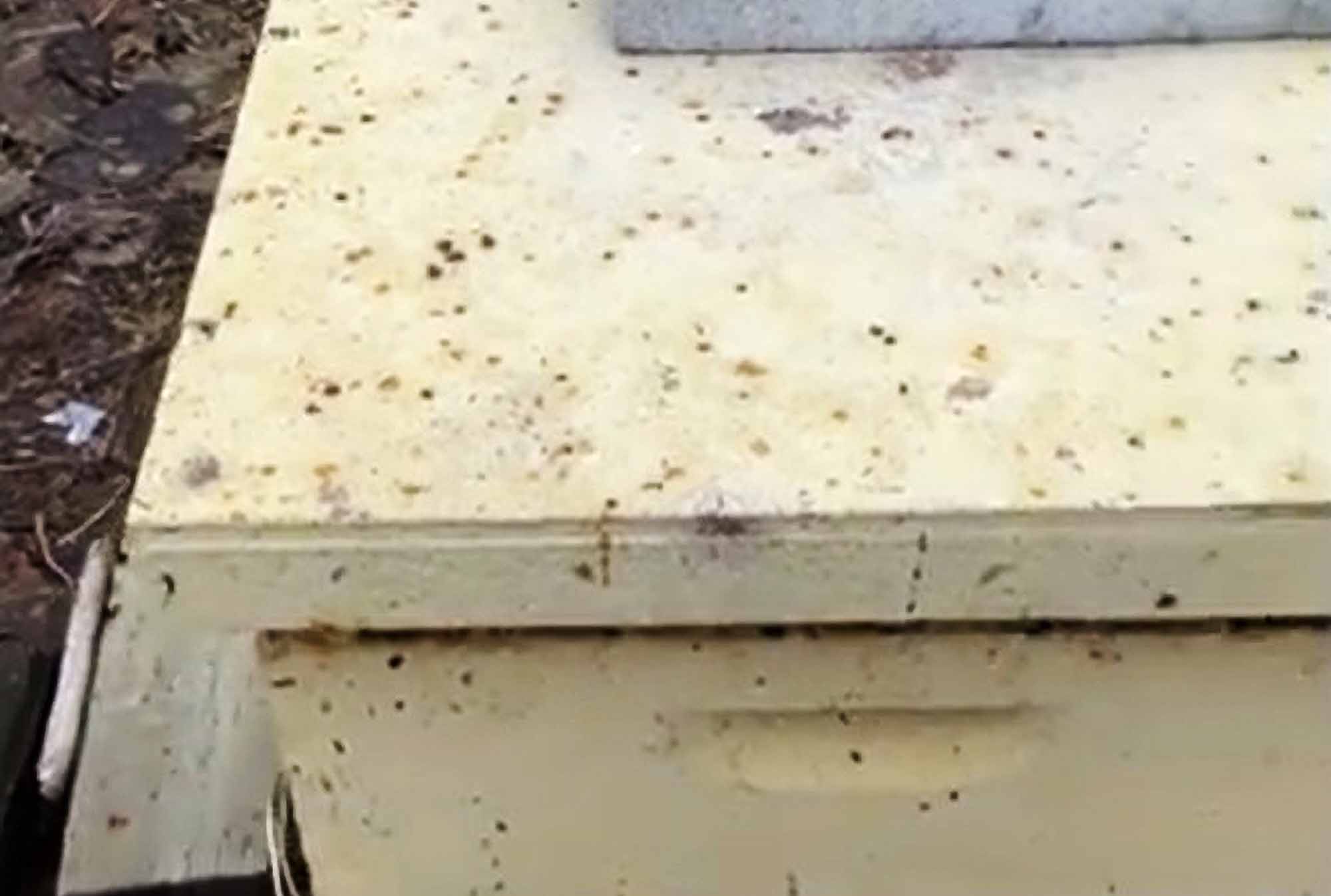Honeybees are more selective in their food choices than previously assumed, investigations by scientists in Finland suggest.
University of Helsinki researcher Helena Wirta and her colleagues collected honey and pollen samples from the hives of western honeybees. The scientists then extracted DNA to determine the origin of the plants.
Speaking about the study’s findings, Helena said: “Honeybees choose certain plants as their food resources, and these choices differ among time points and, within a time point, even among bee colonies within the same apiary.”
While solitary pollinators are often strongly depending on a certain plant, domesticated honeybees usually can choose their nutrition from a wide range of flowers.
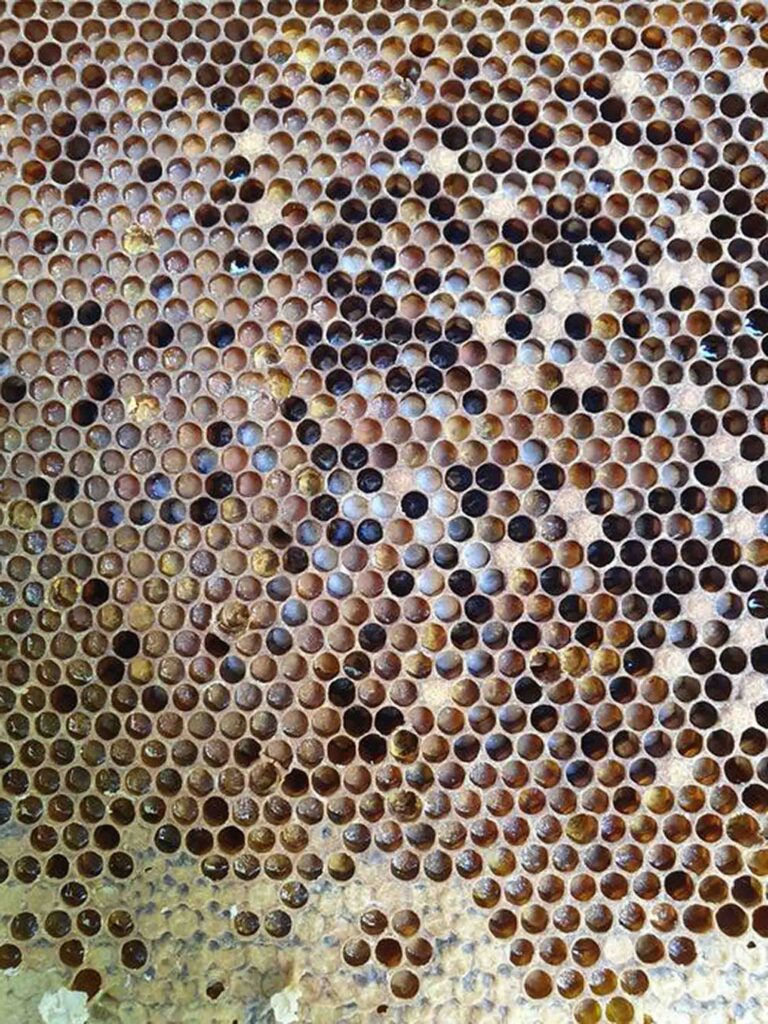
However, Helena revealed: “Based on our results, honeybees are more selective than assumed, using only a fraction of available plants.”
The Department of Agricultural Sciences expert added: “To fulfil its nutritional needs, it is likely to need a wide selection of plants from which to select suitable ones.”
Pollinating insects are of great importance regarding healthy ecosystems but also food security. While nectar is their main source of carbohydrates, they obtain protein and fat from pollen.
Nectar is a sugar-rich liquid whereas pollen is a fine powder. Both substances are created by plants when they reproduce.
The Helsinki University researchers found that bees would focus on gathering nectar from raspberries in mid-summer and towards the end of the hot season. However, in early summer, they would collect both nectar and pollen from blueberry and cow parsley.
Helena emphasised: “Understanding which plants are important for honeybee nutrition is important to ascertain that a suitable selection of flowers is available throughout the summer.”
Solitary bees such as leafcutter bees and bumblebees pollinate flowers and plants but do not produce honey. Western honeybees engage in pollination as well as in the creation of beeswax and honey.
Founded in 1640, the University of Helsinki is one of the most renowned research institutions in Scandinavia.
Placed in 121st, it is the only Finnish university among the best 200 places for scientific activity in the world, according to the Times Higher Education ranking 2024.

